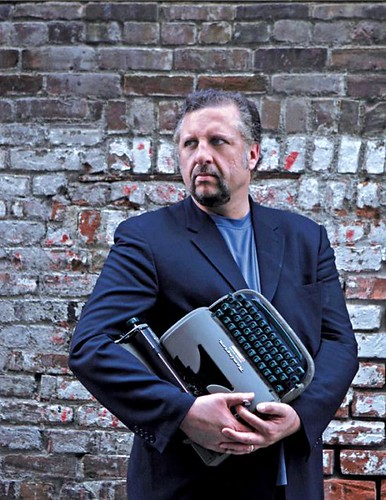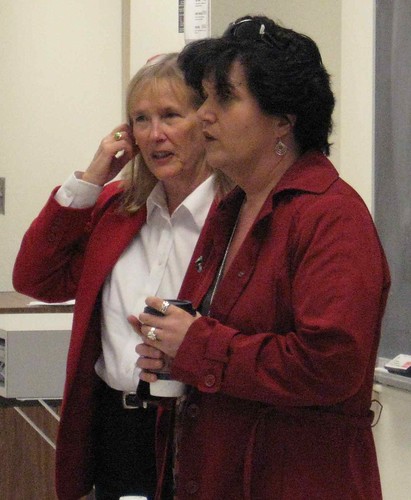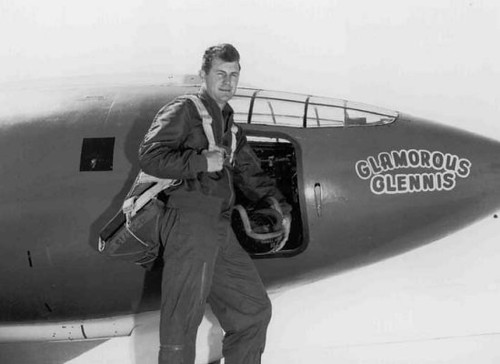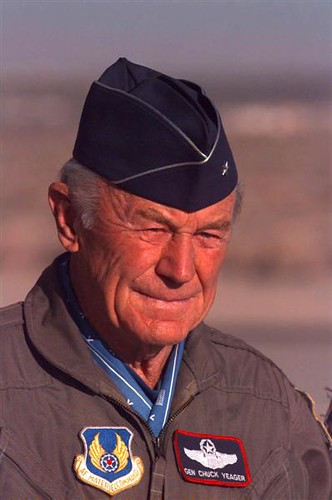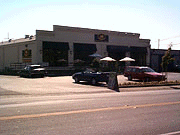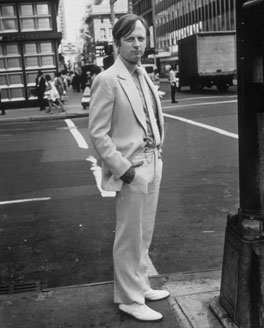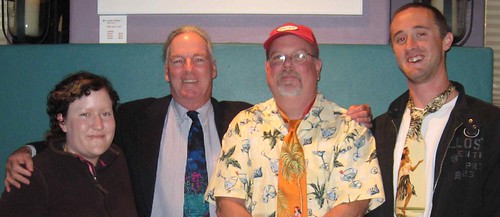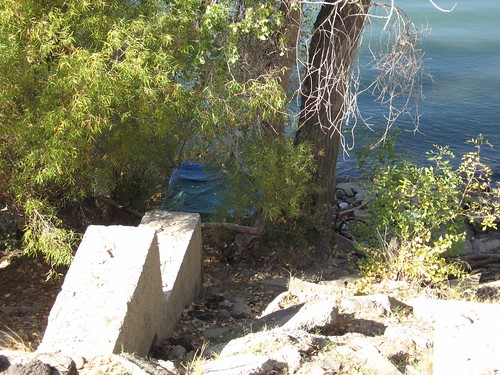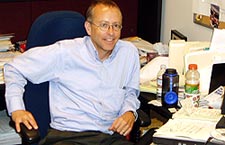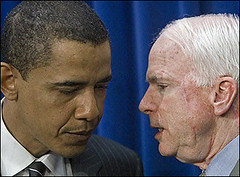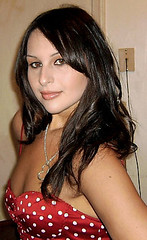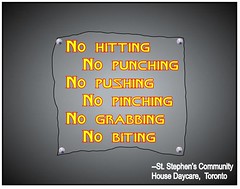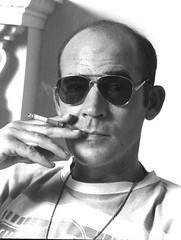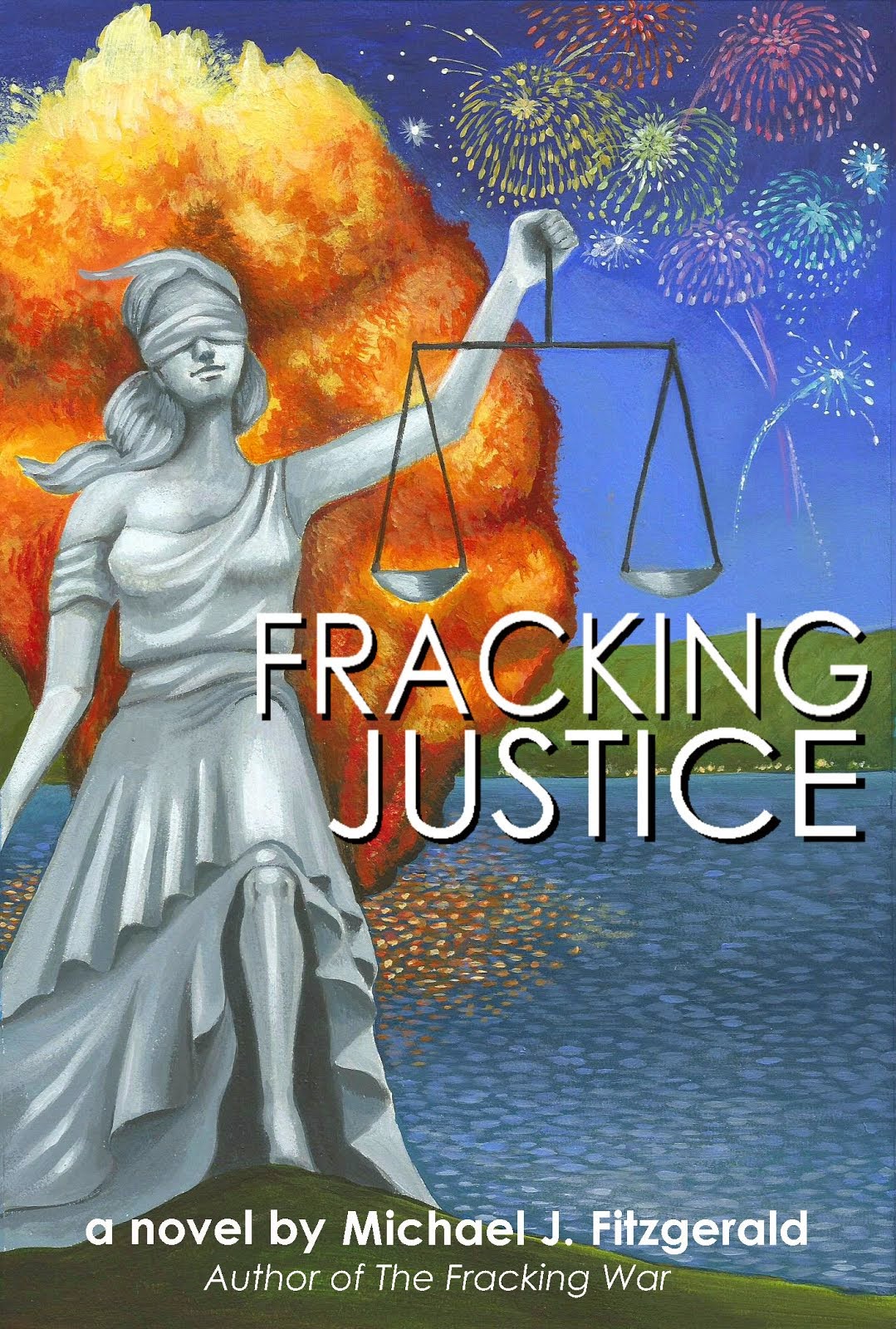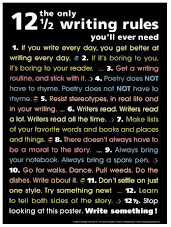SACRAMENTO, Calif., USA - The beginning of every semester brings a new crop of students, many of whom have never faced the absolute deadlines that exist in most journalistic writing.
Whether it is something as simple as sending me an email (so I can create an email list for the class) or turning in a column or other piece of writing, there are always a few students who don't make the deadline.
And then there is always the argument that the deadline is arbitrary and not grounded in any real need.
Sigh.
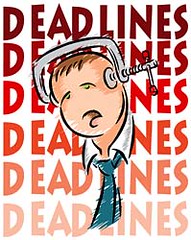 M
My first newspaper job was at the
Napa Register, in the circulation department where I pulled stacks of paper off the press and got them ready for delivery to the paper carriers all over Napa and Solano County. The press was supposed to start at 1 p.m. Not 12:59 (though going early would have been ok), but 1 p.m.
If the press was more than a
minute or two starting up, the phone in the press room would start ringing and within 10 minutes or so, all the department heads in the building involved in the production of the newspaper would be in the publisher's office, getting their asses chewed - quite thoroughly - by publisher J.V. Brenner as he would try to figure out where the fault was.
When I moved into the newsroom a year later, as a novice reporter, I found out that if I was five minutes late with a story, it would likely result in my editor being late in what he turned into the composing room which in turn meant composing would be late to the plate-making department (for the press) and so on.
A story that was five minutes late could cause a domino effect that could make the presses a half-hour late.
I never missed a deadline there.
At the Sacramento Bee, when I worked as fill-in editor for the Forum section, the pages were to be sent electronically to composing by 5 p.m. on Thursdays. And if they didn't show up in the queue by 5:01, the phone would start ringing in then-editor Bill Moore's office where I worked, the secretary would come bustling in with a message from downstairs and within a few minutes after than, the big boss, Howard Weaver, was likely to start asking me
'What-the-hell-is-goin'-on?'There are reasons, of course, why sometimes things don't get written - and turned in - on time.
Sickness, computer malfunctions, balky sources and plain old writer's block can all push the writer past that magic time.
None of them (except
perhaps sickness) ever gets the writer
any slack from an editor. Deadlines are deadlines - including showing up on time.
At the Petaluma Argus-Courier, we had one writer who was 15 minutes late arriving at work every morning. You could, as the expression goes, set your watch by his arrival.
When I became his editor after about a year, I asked him why he was routinely late every morning. He said he just didn't know. He left in what
he thought was plenty of time - even driving faster than the speed limit most of the way from San Rafael to Petaluma.
But he was always 15 minutes late.
I suggested another strategy that he had apparently
never thought of: leave his house 15 minutes earlier every morning.
You can
guess what happened when he did start leaving his house earlier.
When I have a piece of writing to do - any writing - I estimate how long it will take me to get it done, and then I double the estimate, starting waaaaay earlier than I think I need to.
That system works well enough that I haven't missed a deadline since, well, I can't remember ever missing a deadline for turning in a story to magazine, newspaper, or web-based publication.
That day might come, I suppose, but for now I have to close off this blog entry. I gave myself an 11:50 deadline to get this done.
And I
don't want to be late.
